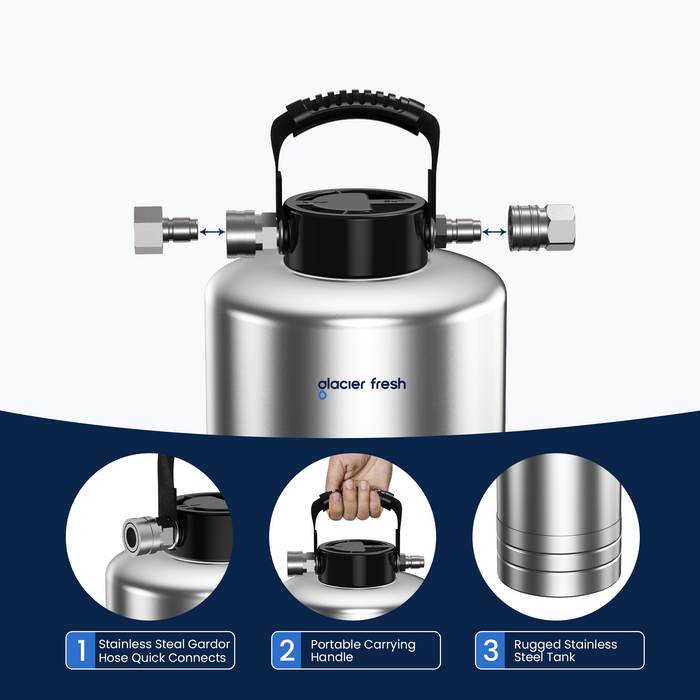Traveling in a recreational vehicle (RV) offers a unique way to explore the great outdoors. However, it is crucial to understand the RV pollutant safety measures necessary to minimize environmental impact and ensure a safe journey. This article delves into the various strategies that RV owners can implement to reduce emissions and enhance their travel experience.

What Are RV Pollutants?
RV pollutants primarily include carbon monoxide, nitrogen oxides, and particulate matter. These emissions can arise from various sources, such as the vehicle's engine, generators, and even the use of certain appliances. Understanding these pollutants is the first step in implementing effective RV pollutant safety measures.
Key RV Pollutant Safety Measures
- Regular Maintenance: Keeping your RV well-maintained is essential. Regular oil changes, air filter replacements, and engine checks can significantly reduce emissions.
- Efficient Driving Habits: Adopting smooth driving techniques can enhance fuel efficiency. Avoiding rapid acceleration and maintaining a steady speed are effective ways to minimize pollutants.
- Use of Eco-Friendly Products: Opting for environmentally friendly cleaning and maintenance products can help reduce harmful emissions. This includes using biodegradable soaps and non-toxic chemicals.
- Proper Waste Disposal: Ensuring that waste is disposed of correctly is vital. Utilize designated dump stations and avoid dumping waste in unauthorized areas.
How Can You Monitor Emissions?
Monitoring emissions is an integral part of maintaining RV pollutant safety measures. Many modern RVs come equipped with onboard diagnostic systems that can provide real-time data on emissions. Additionally, consider investing in portable emissions testing devices to ensure compliance with local regulations.
Benefits of Implementing RV Pollutant Safety Measures
Implementing these RV pollutant safety measures not only benefits the environment but also enhances your travel experience. Cleaner emissions lead to better air quality, which is essential for both your health and the health of the ecosystems you visit. Moreover, many campgrounds and parks are increasingly prioritizing eco-friendly practices, making it advantageous to adopt these measures.
Conclusion
In conclusion, understanding and implementing RV pollutant safety measures is crucial for every RV owner. By taking proactive steps, you can contribute to a cleaner environment while enjoying your travels. For those looking to enhance their RV's water quality, consider exploring the for a reliable filtration solution.







